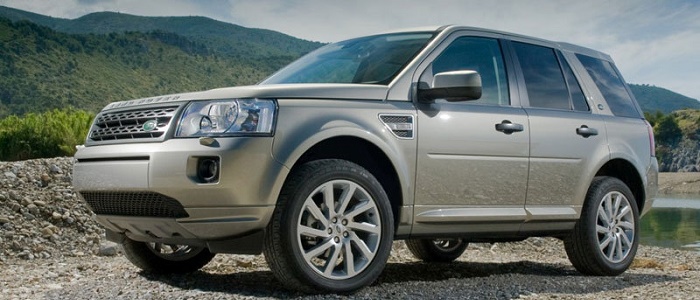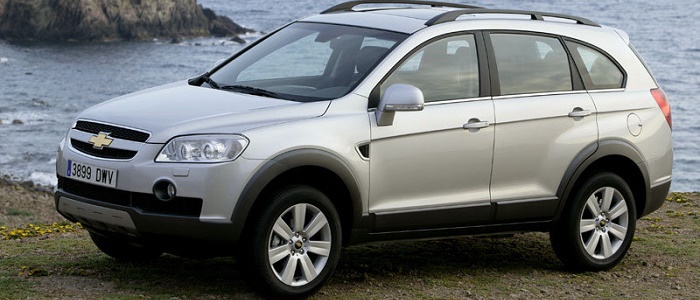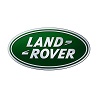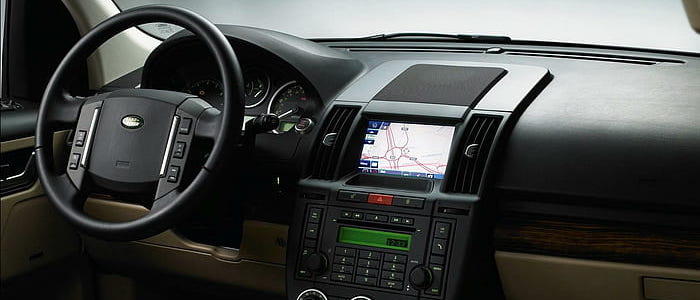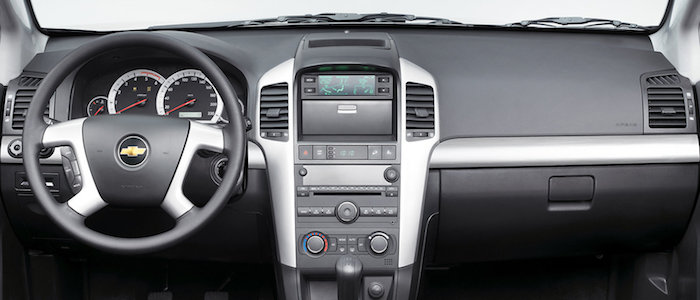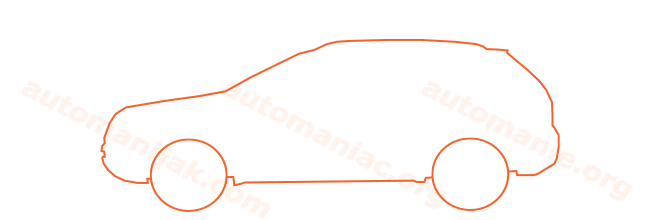Compare two cars
Compare any two cars and get our Virtual Adviser™ opinion
Marketing
Dimensons & Outlines
Engine
Performance (manual gearbox)
Performance (automatic gearbox)
Expenses
Virtual Adviser's™ opinion
Two significantly similar cars, no doubt about that. Still, each one has something different to offer. Having both cars powered by diesel engines and utilizing the 5-door suv body style within the same 'SUV' segment, the only major difference here really is their wheel drive configuration (4 x 4 for the Land Rover and front in the case of the Chevrolet). The first one has a Peugeot-engineered powertrain under the hood, a 4-cylinder, 16-valves 190hp unit, while the other one gets its power and torque from a 4-cylinder, 16-valves 150hp engine designed by VM Motori.
SafetyThe first thing to look into here would be the results from European New Car Assessment Programme (Euro NCAP) tests performed on the two cars. Good thing is that both vehicles got tested, with the Land Rover being a slightly better choice apparently. That aside, let's consider some other aspects which affect safety. Both vehicles belong to the suv segment, which is generally a very good thing safety-wise, but that fact doesn't break the tie between the two cars. On the other hand, if we'd like to consider vehicle mass in this context too, which we definitely should, the American car offers a marginal difference of 1% more metal.
ReliabilityI don't like generalizing things when it comes to reliability, although it does seem that Chevrolet is significantly less fault-prone, when all the models are taken into account. That's the official data, while our visitors describe reliability of Land Rover with an average rating of 3.8, and models under the Chevrolet badge with 4.2 out of 5. The same official information place Freelander as average reliability-wise, and Captiva is more or less at the same level.That apart, owners of different cars powered by the same engine as the British car rank it on average as 4.5 out of 5, exactly the same as the other one.
Performance & Fuel economyLand Rover is undoubtly more agile, reaching 100km/h in 1.1 seconds less than its competitor. In addition to that it accelerates all the way to 190 kilometers per hour, 4km/h more than the other car. When it comes to fuel economy things look pretty much the same for both cars, averaging around 7.3 liters of fuel per 100 kilometers (39 mpg), in combined cycle.
Verdict
Chevrolet appears just a bit more reliable, although the difference is truly marginal. The most important thing when deciding between any two vehicles should always be safety, both passive and active. In my opinion, everything taken into account, the British car offers slightly better overall protection and takes the lead. It all continues in the same direction, with Land Rover being considerably quicker, thus putting more smile on driver's face. To make things even better, it consumps less fuel! It's not difficult to say then that if I'd need to make a choice, it would definitely be the Land Rover. Anyway, that's the most objective conclusion I could've came up with and it's based solely on the information found on this website. Aspects such as design, practicality, brand value and driving experience are there for you to measure them out. Also, you could use the oportunity to find out which car, everything taken into account, would be the perfect choice for you in the eyes of the virtual adviser™, out of 12.000+ vehicles we currently have in our database.























